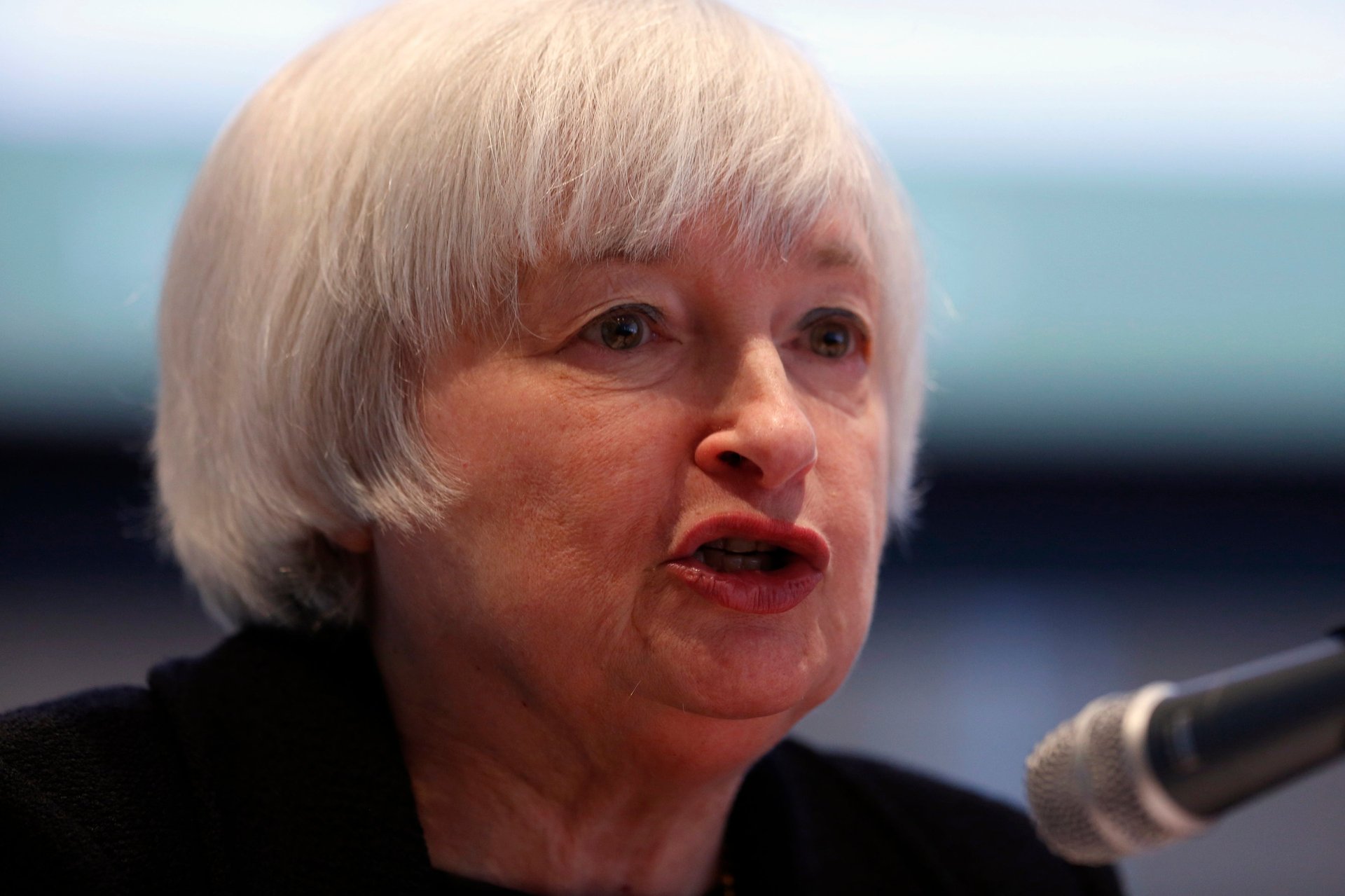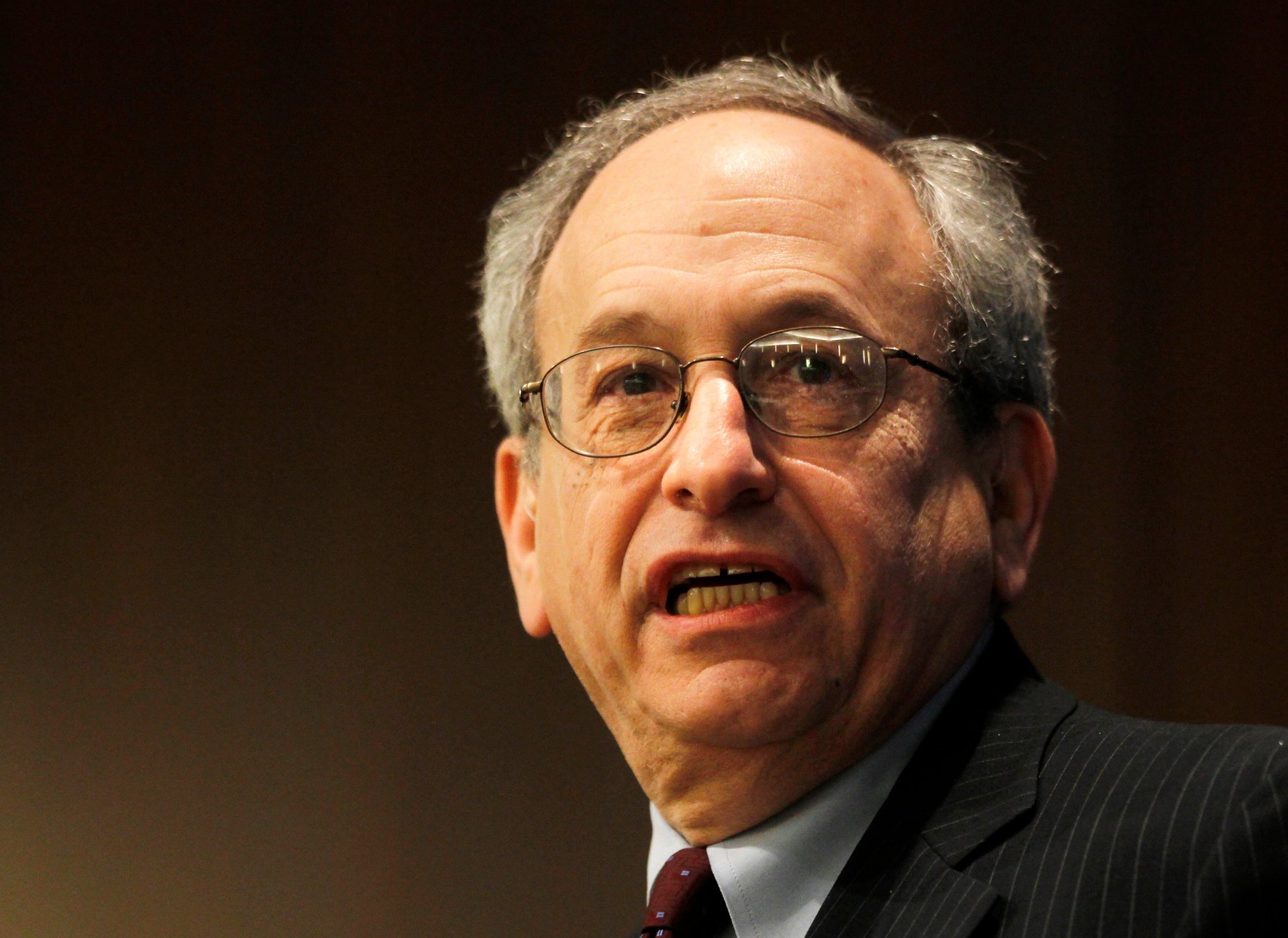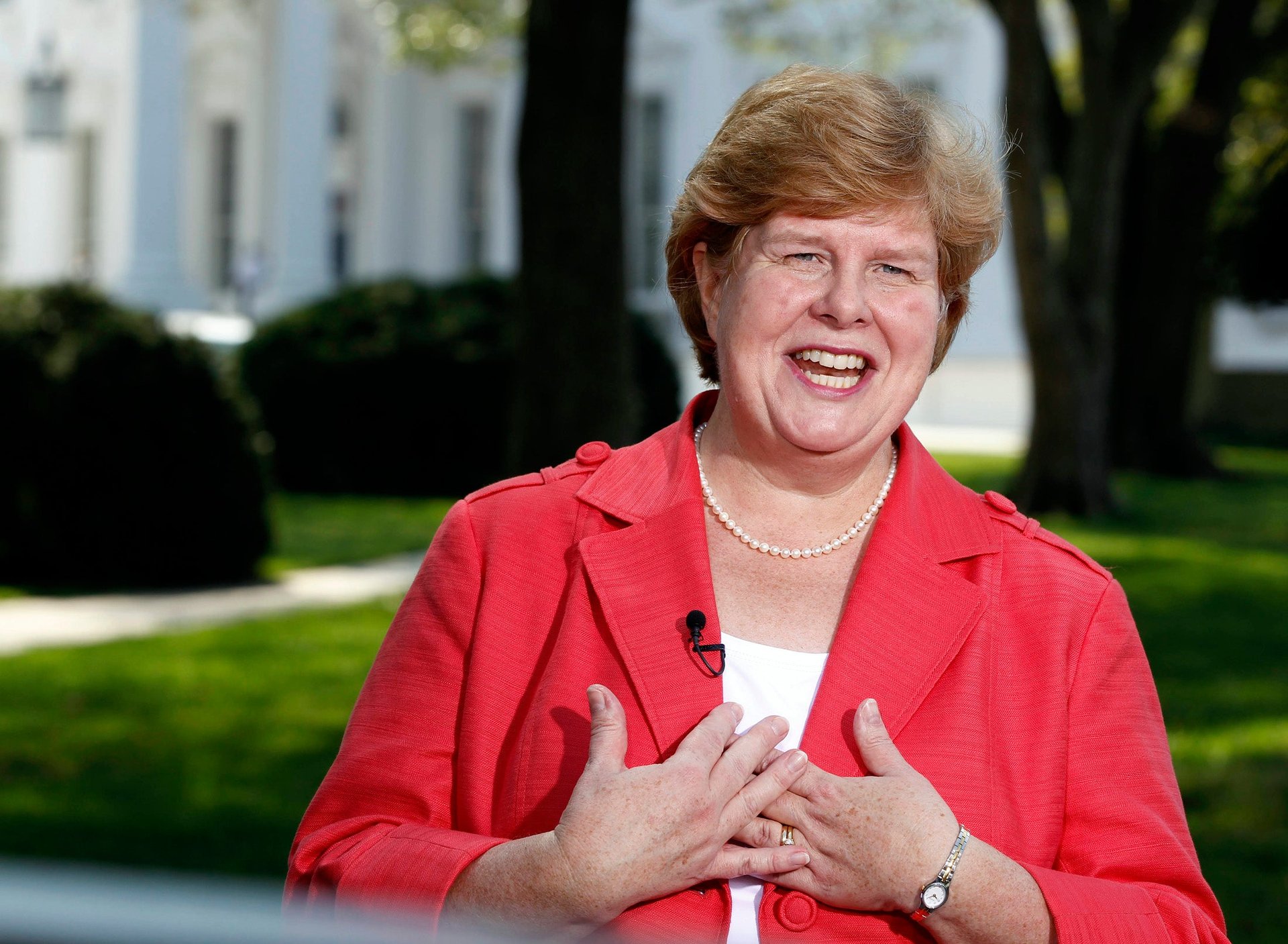Now that Larry Summers is out, who’s in line to lead the Federal Reserve?
Larry Summers “reluctantly” withdrew from the race to chair the US Federal Reserve in a letter to president Barack Obama on Sunday, upending the politically-charged nomination process to succeed Ben Bernanke. Summers was seen as the president’s preferred candidate; his departure emphatically narrows the field for those in the running to become “the world’s most powerful banker.”

Larry Summers “reluctantly” withdrew from the race to chair the US Federal Reserve in a letter to president Barack Obama on Sunday, upending the politically-charged nomination process to succeed Ben Bernanke. Summers was seen as the president’s preferred candidate; his departure emphatically narrows the field for those in the running to become “the world’s most powerful banker.”
Janet Yellen

The 67 year-old “small lady with a large IQ” is the obvious front-runner, and so popular with Democrats in the US Senate that one-third of them signed a letter to President Obama in July asking for her nomination. A notable lack of support from Democrats was key to Summers’ bowing out.
Yellen, the current vice chairwoman of the Federal Reserve, realized the dangers building in the mortgage market in 2007 and warned at the end of the year the economy could slip into recession. She has a huge reservoir of experience at the Federal Reserve, where she led the San Francisco Fed from 2004 to 2010, and has served since then as vice chair. She was an early favorite before Summers made it a neck-and-neck contest; now that he’s out, Yellen’s chances are looking increasingly solid.
Asian stock markets, along with US stock and treasuries futures, all rallied on Monday on the expectation that Yellen is the new frontrunner, and that she will extend the era of cheap credit that was a hallmark of Bernanke’s reign.
Donald Kohn

Unlike Summers and Yellen, Kohn spent all of his 40-year career at the Federal Reserve, most recently as vice chairman, before joining the Brookings Institution in 2010. The 70-year-old was named by Obama in August as a potential candidate for the job during private meetings with the Democratic leadership.
Kohn served as the right hand man to Fed chair Ben Bernanke during the financial crisis, and was Alan Greenspan’s first mentor and later a trusted adviser. “Don is the most important nonchairman member of the board in the history of the Fed,” former Fed governor Laurence Meyer told The Wall Street Journal when Kohn retired. However, his candidacy could be hurt by his presence at the Federal Reserve in the lead-up to the financial crisis, when it stood by during the inflation of the housing bubble and the creation of “too big to fail” banks.
Roger Ferguson

Ferguson, who would be the first black Fed chairman, has both policymaking and private sector expertise. He’s currently CEO of TIAA-CREF, the huge institutional investor geared toward teachers’ pensions. He got his start as a Wall Street lawyer working with banks and corporations, then became a partner at the uber-management consultancy McKinsey & Co. He has doctorates in law and economics from Harvard.
At the Fed, where he served as a member of the board of governors and later vice chairman, Ferguson worked with international policy groups and won plaudits for his handling of the 9/11 attacks, when he calmed fears about the financial system while chairman Alan Greenspan was out of the country. He was rumored to be Greenspan’s preferred successor before the job went to Bernanke.
Ferguson, 61, has been praised for his level-headed manner and ability to create consensus among the Fed’s occasionally fractious governors. On the downside, he was in charge of banking regulation during the boom years, and his close ties to Wall Street may raise questions about his ability to keep financial institutions in line as required under Dodd-Frank.
Christina Romer

The former chairwoman of Obama’s Council of Economic Advisers has a background in academia, serving as a professor at Princeton and then University of California-Berkeley, where she returned after leaving the White House in 2010.
She was one of the chief engineers of the White House’s economic stimulus during the financial crisis, when she pushed for a much more aggressive option that was ultimately vetoed by Summers. Romer is seen by Fed oddsmakers as the “change” candidate who could advocate for a more interventionist stance by the bank, which may make her confirmation more difficult for Senate Republicans to stomach.
Romer, 56, has also been a vocal critic of the lack of diversity among Obama’s economic policy team, and she complained about being sidelined from the administration’s decision-making process. “Are we moving forward? It’s hard to see it,” she told the New York Times in July. “There are lots of areas where women are front and center, where women are succeeding and doing very well. Economic policy is one where they’re not.”